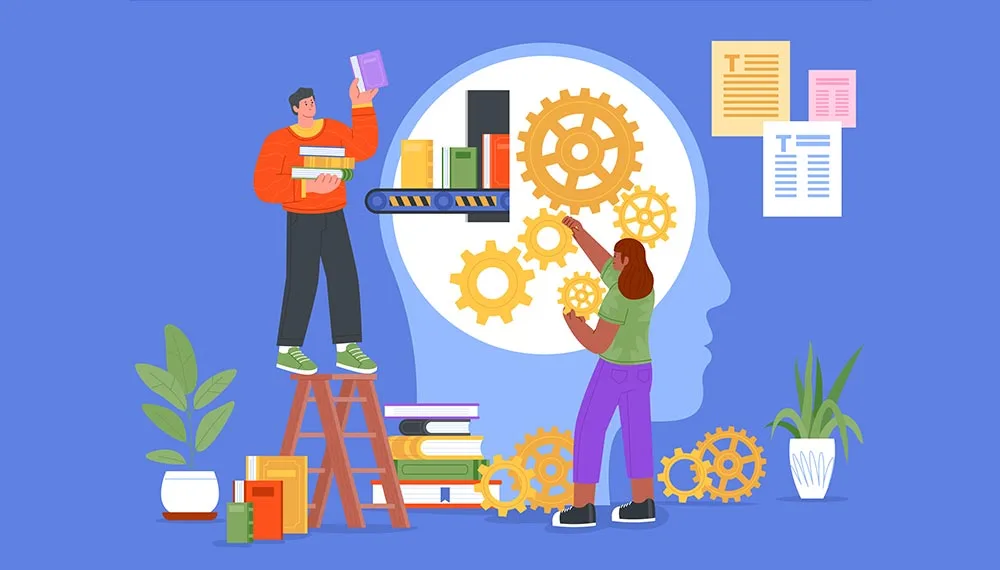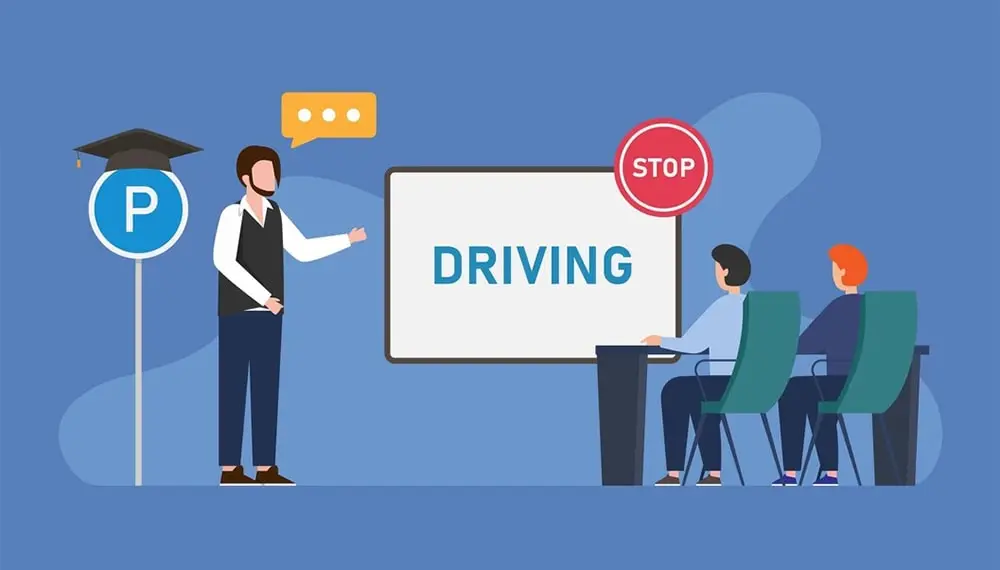Assess for Success Using Cognitive and Behavorial Insights
Rohit Kumar
03 Jan, 2025

Understanding employees' distinct strengths and characteristics is crucial for organizational success in the evolving talent management landscape. Cognitive and behavioral assessments are powerful tools that offer deep insights into an individual's capabilities.
For HR professionals and learning and development leaders, knowing when and how to use these assessments can significantly enhance recruitment strategies and employee development programs.
By using cognitive and behavioral assessments, companies can ensure that they not only hire the right talent but also cultivate a space where employees can thrive & contribute to the organization's success.
Cognitive assessments
Cognitive assessments are specialized tools that measure an individual's mental capabilities and intellectual potential. They evaluate cognitive skills such as problem-solving, reasoning, memory, attention, and comprehension.
In the workplace, cognitive assessments are invaluable for predicting job performance, particularly in roles that demand critical thinking, analytical skills, and decision-making under pressure.
The core advantage of cognitive assessments lies in their ability to objectively quantify a candidate's mental agility and learning potential. For example, a role that requires frequent problem-solving or quick decision-making would benefit from identifying candidates with strong cognitive abilities.
These assessments are typically structured to test verbal, non-verbal, and numerical skills, offering a comprehensive view of a person's intellectual strengths and weaknesses.
Cognitive assessments are also instrumental in employee development.
By understanding an individual's mental profile, organizations can tailor development programs that align with their intellectual strengths, ensuring that employees are positioned in roles where they can excel.
Behavioral assessments
Behavioral assessments are designed to explore and understand the personality traits & behaviors of individuals in the workplace. Unlike cognitive assessments, which focus on intellectual abilities, behavioral assessments delve into how a person naturally interacts with others, manages tasks, responds to challenges, and fits within a team.
These assessments evaluate vital aspects such as communication style, leadership potential, teamwork capabilities, and conflict-resolution approaches. For HR professionals, behavioral assessments are crucial in identifying employees with the right skills that align with the company's values and culture.
During the recruitment process, these tools help predict how a candidate might behave in various work scenarios, making it easier to select individuals who will thrive in the organization's specific environment.
Behavioral assessments are equally important for employee development. They provide insights into an individual's strengths and areas for improvement regarding behavior and interpersonal interactions.
By understanding the behavioral tendencies of their workforce, organizations can create better team dynamics, improve communication, and create a more balanced & productive work environment.
Key differences
While both types of assessments provide valuable insights, they focus on distinct aspects of an individual's capabilities.
The critical difference lies in their focus: cognitive assessments show us what a person can do—how they process information and solve problems—while behavioral assessments reveal how they are likely to do it—how they will behave and interact within a team. These assessments offer a comprehensive view of a candidate's potential, helping organizations make informed decisions about hiring, development, and team composition. Understanding these differences allows HR professionals to strategically deploy these tools, ensuring that the right people are placed in the right roles and that their strengths are fully leveraged for the organization's benefit.
Recruitment Through Screening Process
Understanding these differences allows HR professionals to strategically deploy these tools in candidate screening. By meticulously evaluating each applicant's qualifications, skills, and cultural fit, organizations can significantly improve the quality of their hires. This approach ensures new hires possess the necessary cognitive abilities and behavioral traits to excel in their roles and contribute to a thriving workplace.
Are you ready to transform your recruitment strategy? Let us help you with our psychological profiling and interview system designed for recruitment success. Schedule a demo today!




